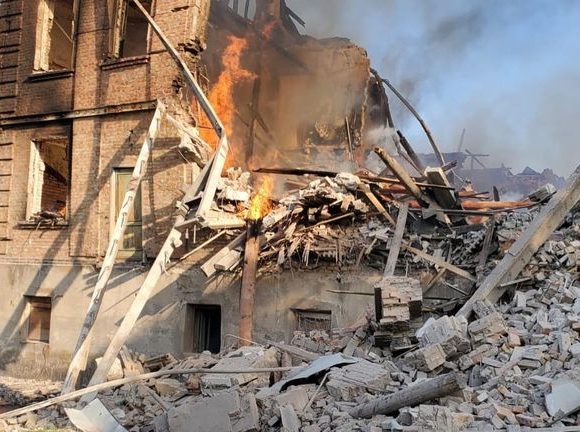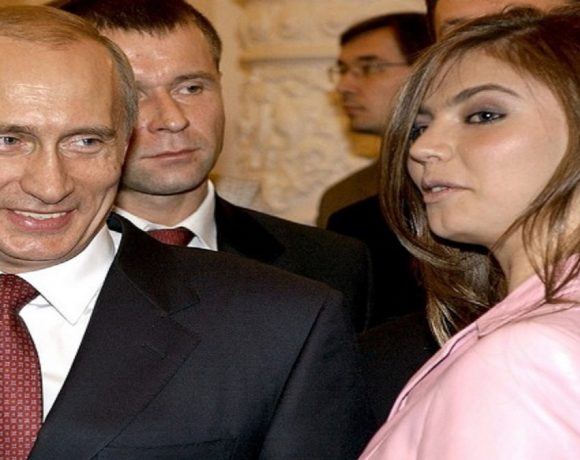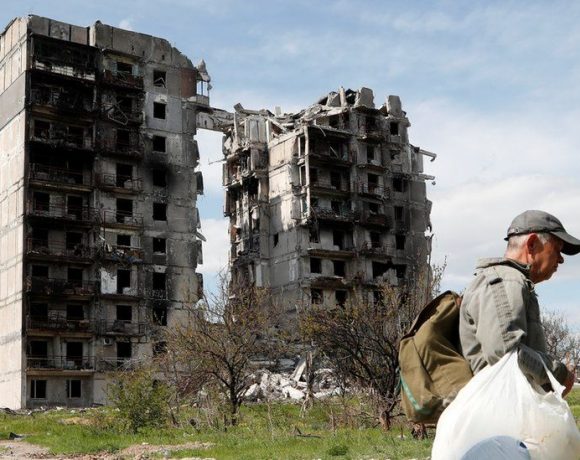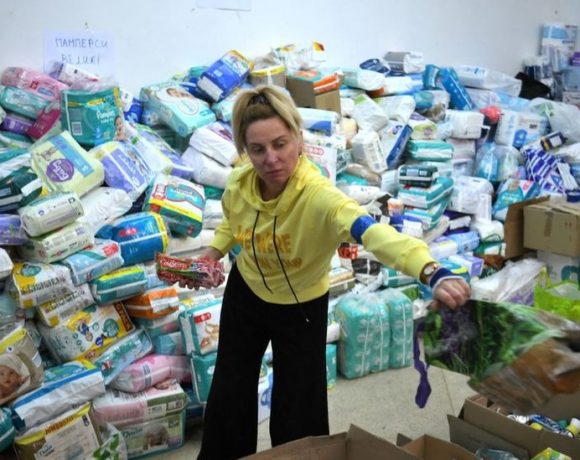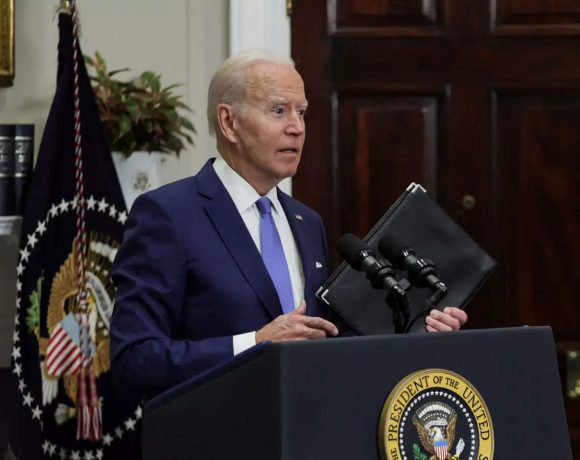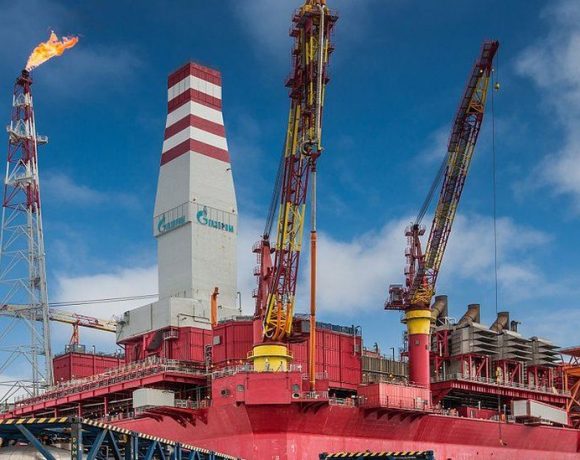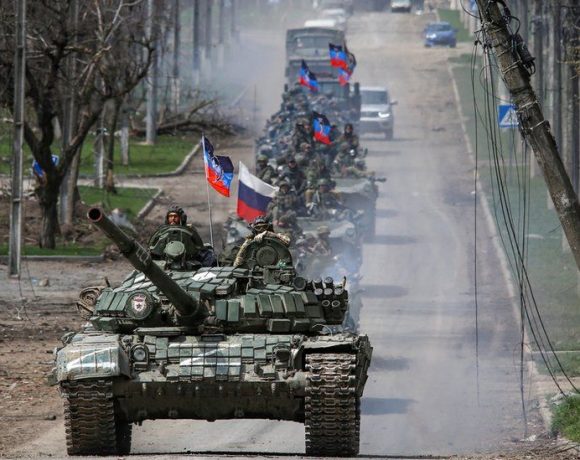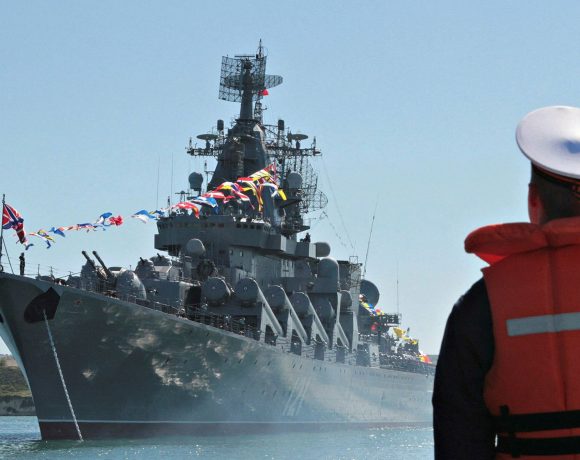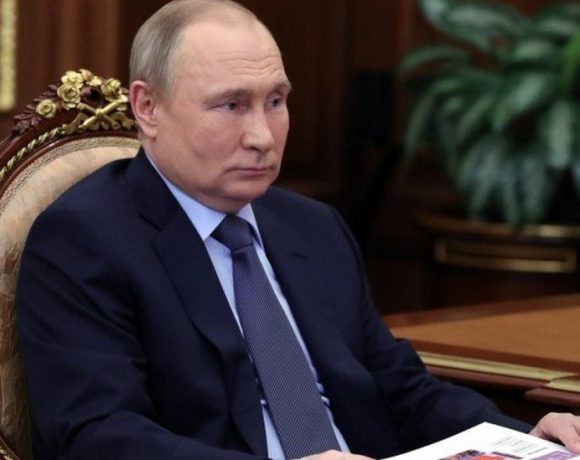
According to US intelligence, Vladimir Putin is preparing for a long war in Ukraine, with even a victory in the east potentially not ending the conflict.
The warning comes as fighting rages in the east, where Russia is attempting to seize territory. After Ukraine resisted attempts to take its capital, Kyiv, Moscow refocused its troops on capturing the Donbas region.
Despite this, US intelligence reports that its forces are stuck in a stalemate. Mr Putin still intends “to achieve goals beyond the Donbas,” according to Avril Haines, director of national intelligence, who testified before a US Senate committee on Tuesday, but he “faces a mismatch between his ambitions and Russia’s current conventional military capabilities.”
She went on to say that Putin was “likely” counting on US and EU support for Ukraine to dwindle as inflation, food shortages, and energy prices rose. As the war continues, Russian President Vladimir Putin may resort to “more drastic measures,” though nuclear weapons would only be used if Russia faced a “existential threat.”
At the same hearing, Director of the Defence Intelligence Agency Scott Berrier stated that Russia and Ukraine were “at a bit of a stalemate.”
Ukraine claims to have recaptured four settlements in the north-eastern Kharkiv region in recent fighting.
Ukraine’s armed forces claim to have reclaimed Cherkasy Tyshky, Ruski Tyshky, Rubizhne, and Bayrak from Russia.
President Volodymyr Zelenskiy claimed that Ukrainian victories were gradually pushing Russian forces out of Kharkiv, which has been bombarded since the conflict began.
“We should not create an atmosphere of excessive moral pressure, where victories are expected weekly, if not daily,” he said.
Picture Courtesy: Google/Images are subject to copyright

